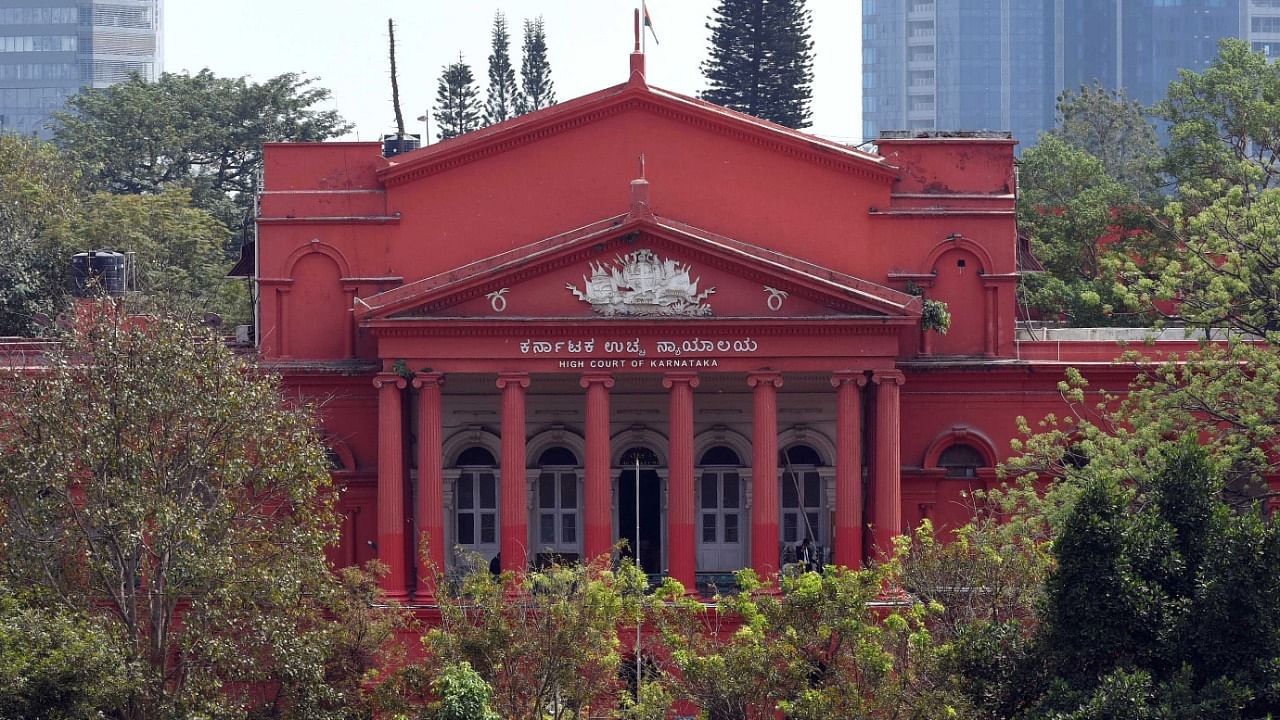
The government on Monday said that as per Apex Court’s Sabarimala judgment, a religious practice will have to be essential to the religion.
Resuming his arguments before the three-judge full bench on petitions pertaining to Hijab controversy, Advocate General (AG) Prabhuling K Navadgi claimed that the petitioners have not placed any material to establish their claim that wearing of Hijab is an essential religious practice in Islam.
During his submission, the AG cited several judgments of the Apex Court on the question of fundamental rights guaranteed under Article 25 of the Constitution.
He said the law in regard to the essential religious practice has been authoritatively settled by the Apex Court, from Shirur Mutt case till Sabarimala case.
Citing Justice D Y Chandrachud’s judgment in Sabarimala case, the AG said that for the purposes of protection under Article 25, the practice should be essential to the religion.
“I will carve out 4-5 principles to be applied for the present case. The practice should be fundamental in that religion is the first test. If that practice is discontinued, it would result in the change of religion itself as the second test,” the AG said.
“This is the case where the petitioners are seeking for a declaration of a particular dress format to become a part of religious sanction so as to bind every woman who follows Islamic religion. The petitioners have placed no material whatsoever to substantiate their claim for declaration for wearing of hijab as a fundamental right essential religious practice under Article 25,” he said. The hearing has been adjourned to Tuesday.
When the hearing commenced, the AG submitted that he has concluded his arguments in regard to the government order (GO) dated February 5, 2022.
The bench asked for a clarification on the GO aspect. The query was with regard to AG’s claim that the GO was ‘consciously innocuous’ and only gives autonomy to college development committees.
The bench asked whether the state has objections to the request of the petitioners that they may be permitted to either use a veil of the same colour of the uniform or the uniform dupatta over their heads.
“The answer is we propose to foster a secular outset,” the AG said.
The nature of secularism in the constitution came up again when the AG cited discussions in the constituent assembly and the opinions expressed by K M Munshi and Dr B R Ambedkar.
He said because there were apprehensions about the secular nature, the restrictions such as subject to morality, public order and health were introduced in Article 25.
At this, Justice Krishna S Dixit and Justice J M Khazi posed queries to AG on freedom of conscience and right to religion.
The bench observed that the secularism which the makers of constitution conceived is not akin to secularism of the American constitution and that it is not like a wall between the ‘church and the government’.
Watch the latest DH Videos here: